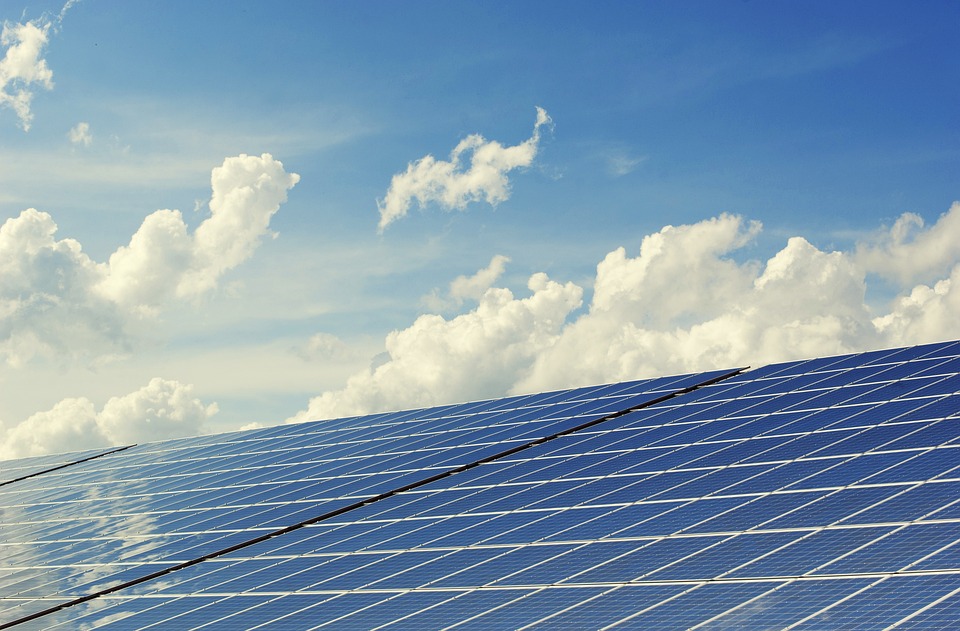Summary:
Generators have been used for decades to provide backup power in case of outages or to generate electricity in remote areas. However, with the growing power demands of modern society, traditional generators are facing challenges in meeting these demands. To address this issue, there have been significant advancements in generator technology that are aimed at meeting the growing power demands of the future.
Table of Content:
1. Introduction
2. Advancements in generator technology
3. Smart generators
4. Hybrid generators
5. Fuel cell generators
6. Conclusion
Introduction:
Generators are a crucial part of modern society, providing backup power during outages and generating electricity in remote areas. However, traditional generators are facing challenges in meeting the growing power demands of modern society. To address this issue, there have been significant advancements in generator technology aimed at meeting these demands.
Advancements in generator technology:
One of the most significant advancements in generator technology is the development of smart generators. These generators are equipped with sensors that can monitor the power demand and adjust the power output accordingly. This ensures that the generator is always providing the optimal amount of power while minimizing fuel consumption.
Another advancement is the development of hybrid generators. These generators combine traditional fuel-powered generators with renewable energy sources such as solar or wind power. This not only reduces fuel consumption but also provides a more sustainable power source.
Fuel cell generators are also gaining popularity as a cleaner and more efficient alternative to traditional generators. These generators use hydrogen fuel cells to generate electricity, emitting only water vapor as a byproduct.
Smart generators:
Smart generators are equipped with sensors that can monitor the power demand and adjust the power output accordingly. This ensures that the generator is always providing the optimal amount of power while minimizing fuel consumption. These generators can also be connected to the internet, allowing remote monitoring and control.
Hybrid generators:
Hybrid generators combine traditional fuel-powered generators with renewable energy sources such as solar or wind power. This not only reduces fuel consumption but also provides a more sustainable power source. These generators can be used in remote locations where traditional power sources are not available.
Fuel cell generators:
Fuel cell generators use hydrogen fuel cells to generate electricity, emitting only water vapor as a byproduct. These generators are more efficient than traditional generators and produce fewer emissions. They can be used in a variety of applications, including backup power for homes and businesses.
Conclusion:
The future of generators looks promising with the advancements in technology aimed at meeting the growing power demands of modern society. Smart generators, hybrid generators, and fuel cell generators are all examples of the new technologies that are emerging. These generators are not only more efficient but also more sustainable, providing a cleaner and more reliable source of power for the future.
Resources:
1. https://www.electricityforum.com/generators/the-future-of-generators
2. https://www.energystar.gov/products/other/fuel_cells_for_backup_power
3. https://www.powermag.com/advancements-in-generator-technology/
4. https://www.genpowerproducts.com/the-future-of-generators-advancements-in-technology-to-meet-growing-power-demands/
#Future #Generators #Advancements #Technology #Meet #Growing #Power #Demands



